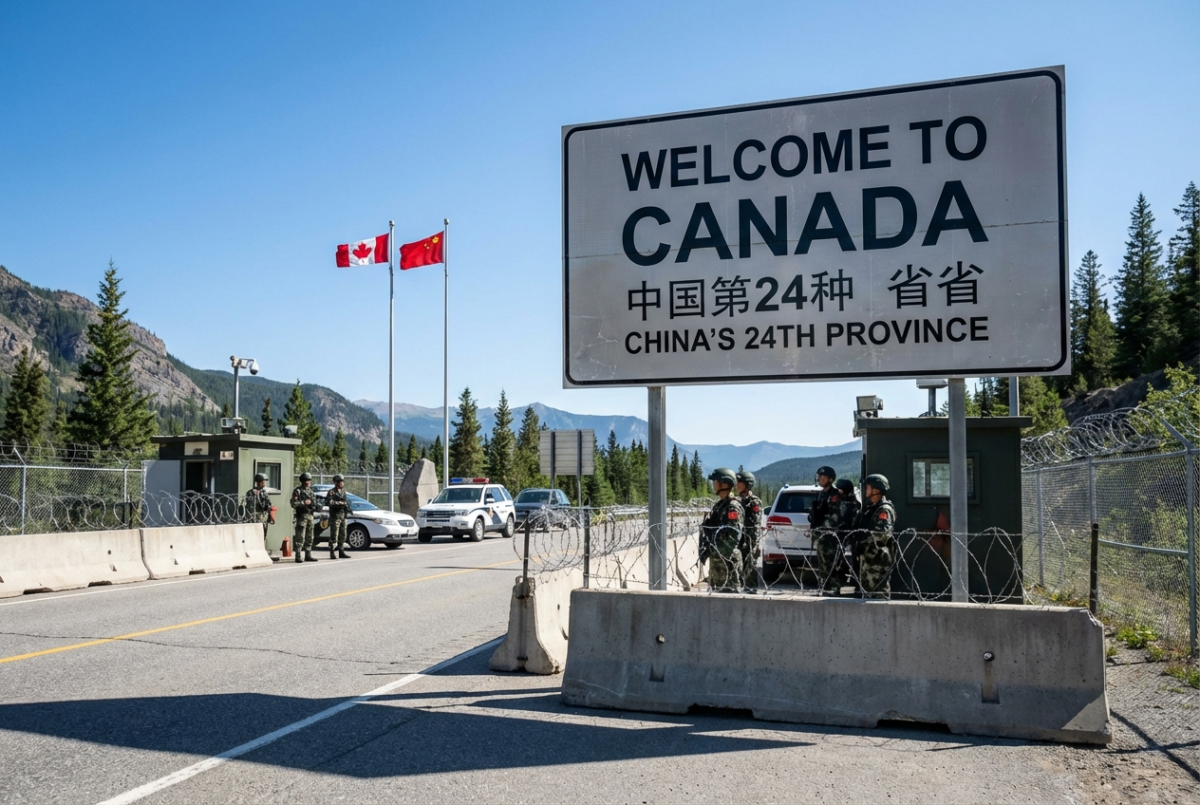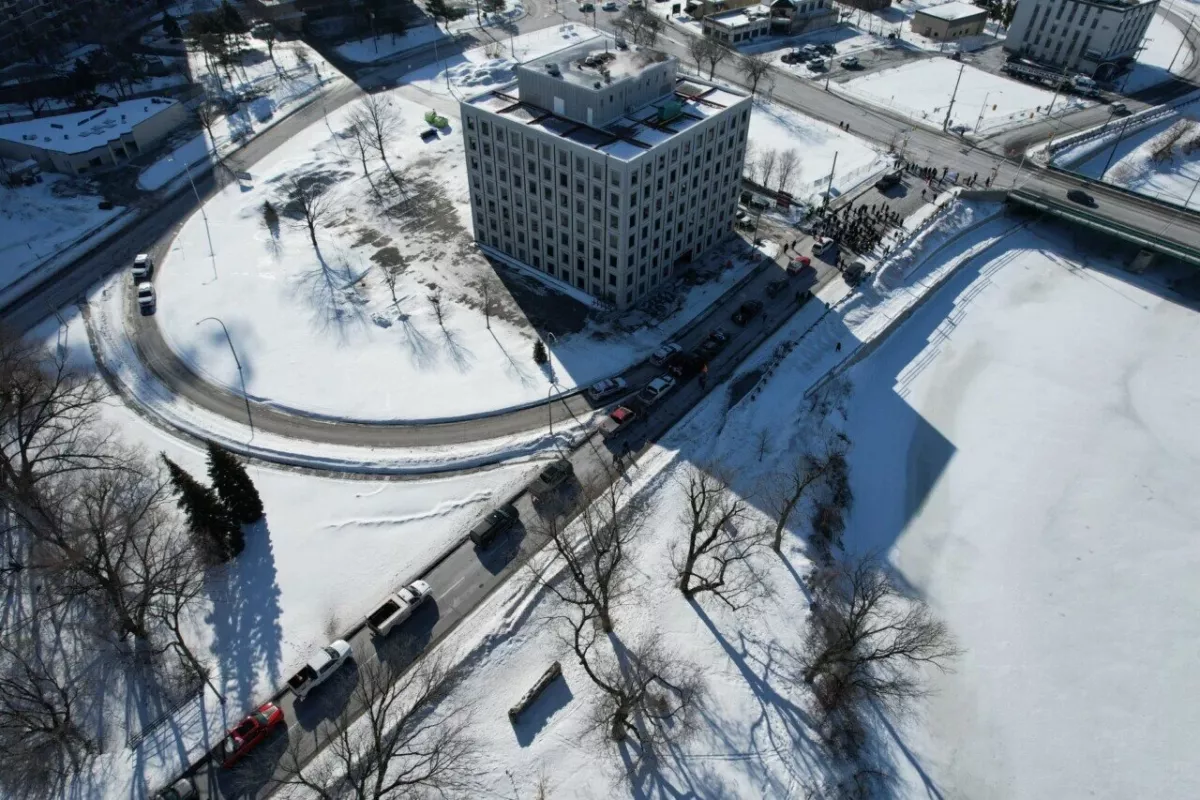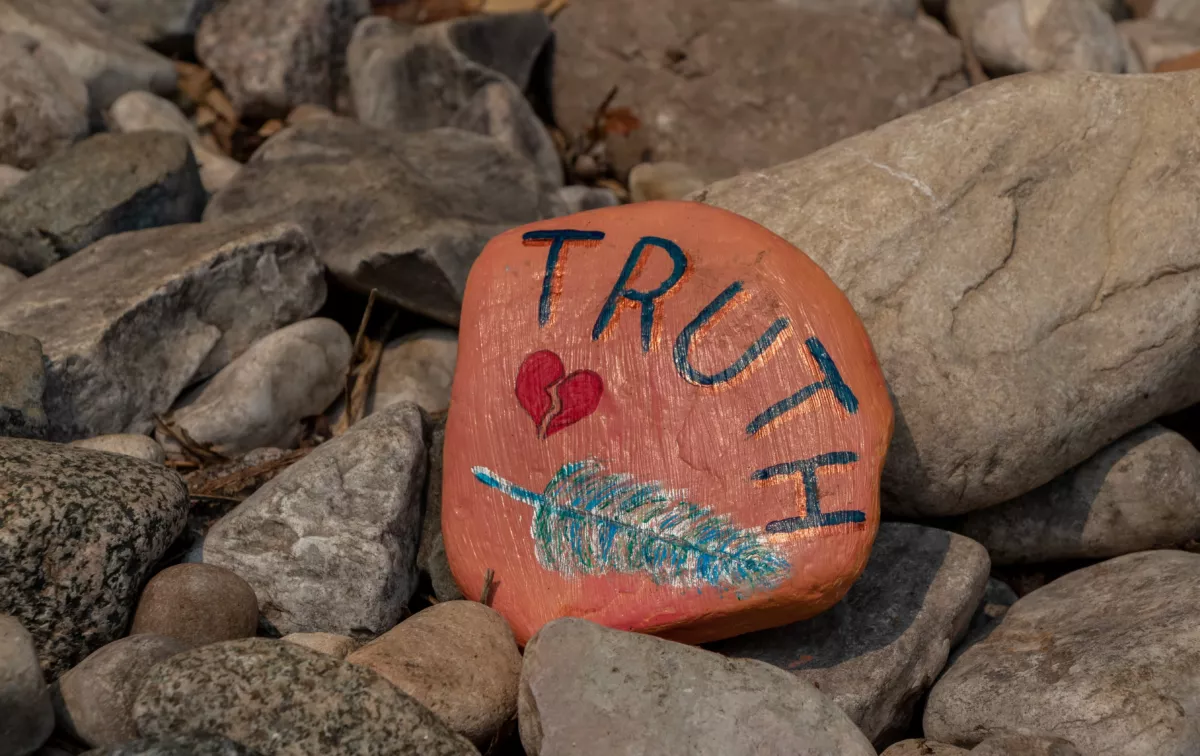The Great Disappearing
Observations of a Systematic Decline
By Henry
In recent years, I have found myself increasingly aware of a phenomenon I have come to call the “great disappearing.” This term encapsulates the unsettling decline of both people and physical infrastructure in our communities. As I travel and observe the world around me, I am struck by a persistent quietness—a silence that masks the profound changes taking place.
A World in Quiet Retreat
Once-bustling streets are now desolate, vibrant gatherings reduced to mere memories. This subtle yet pervasive transformation raises questions about the fate of our neighbourhoods, our culture, and ultimately, our very humanity.
The “great disappearing” is not merely an observation; it is a reflection of a broader societal trend. Jobs that were once held by locals are increasingly filled by foreigners. While I hold no animosity towards foreign workers, I cannot help but wonder: where have all the locals gone?
A troubling answer emerges when we consider the impact of government policies and the devastating effects of substance abuse. I see many individuals who have been pushed to the fringes of society, their lives unrecognizably altered by forces beyond their control.
The Psychological Mechanism of Disappearance
What makes this “great disappearing” particularly insidious is its subtlety. Human psychology plays a crucial role in our perception of change. We are naturally wired to notice new stimuli—an unfamiliar object on our daily path, for instance—while the absence of something familiar often goes unnoticed.
This instinctual response to our environment serves a purpose, alerting us to potential threats. However, it also means that the slow erosion of our communities can occur without our conscious awareness.
Don’t lose touch with uncensored news! Join our mailing list today.
Reflecting on my own experiences, I recall a time when public spaces thrived, even in smaller towns. Nightlife was vibrant; streets teemed with life until the early hours. Yet, in the wake of what I term the “great reset,” the energy has dissipated. The streets fall silent by nine o’clock, a stark contrast to the bustling evenings of the past.
This shift can be attributed to a fundamental reprogramming of our habits—an alteration that was deceptively introduced through policies masquerading as temporary measures. The narrative of “two weeks to slow the spread” was a calculated tactic aimed at normalizing restrictions on our freedoms. If the truth had been revealed from the outset—if we had understood that these measures were designed to be indefinite—the public outcry would have been monumental.
The Machinery of Control and Compliance
As I delve deeper into these observations, I cannot help but scrutinize the intentions behind these policies. Many individuals within government appear to operate without moral consideration, driven instead by self-interest.
The absence of whistleblowers during the “pandemic” is telling; the culture of fear and coercion silenced those who might have spoken out against the prevailing narrative. This, in essence, is a form of trauma-based mind control, which has left many complicit in a system that serves to oppress rather than uplift.
The psychological operation surrounding the “pandemic” was meticulously crafted to dismantle our way of life. Routines that once defined our existence—visiting family, socializing on weekends—were disrupted, making it increasingly difficult to revert to a pre-pandemic normality.
The agenda was clear: to implement systems that restrict movement and control daily life. The rise of ’15-minute cities” and vaccine passport systems exemplifies this shift, where compliance became the price of access to basic needs.
The injection program, portrayed as a singular solution to a fabricated crisis, was just the beginning. The expectation of ongoing boosters, coupled with the threat of losing privileges for non-compliance, reveals a chilling vision of total control. This narrative played out on a global scale, employing various forms of media and social influence to perpetuate the belief in an imminent crisis.
The Rise of Healthy Skepticism
Amidst this overwhelming landscape of manipulation, a glimmer of hope emerged in the form of healthy skepticism. A segment of the population began to question the narrative, recognizing the absurdity of being coerced into accepting something touted as “safe and effective.”
This group, characterized by their critical thinking and refusal to comply, became an anchor against the rising tide of propaganda. Their existence challenged the prevailing narrative, demonstrating that not everyone could be swayed by fear.
As the ranks of the skeptical grew, the control mechanisms began to falter. The realization that many who resisted the narrative remained healthy and unscathed sparked a collective awakening. This shift in perception was crucial; it demonstrated to the broader population that the reality outside their windows did not reflect the manufactured disaster being broadcast.
The Erosion of Community and History
The “great disappearing” extends beyond the absence of people; it encompasses the physical landscape of our communities. As I traverse familiar routes, I am struck by the stark contrast of empty lots where buildings once stood.
The craftsmanship of historical buildings, rich with stories and memories, has been replaced by soulless architecture that lacks character. The demolition of these spaces often occurs without a second thought, as if their very existence were a burden.
I once rented an office in a beautiful old brick building that served as a microcosm of community life. It was a hub of creativity where diverse individuals gathered, shared ideas, and formed bonds. When the notice of its impending demolition arrived, a wave of sadness washed over us.
The demolition crew was instructed to discard everything, from ornate oak doors to stained-glass windows—each piece a testament to history and craftsmanship. This was not merely a loss of structure but a tragic erasure of culture and connection.
The loss extends to local businesses and community gathering spots. Bars and dance halls that once thrived are now mere echoes of their former selves. This gradual disappearance is not random; it is a deliberate part of a managed decline that unfolds in plain sight. The gradual erosion of our physical infrastructure is facilitated by government borrowing and the perpetuation of systems that prioritize profit over preservation.
The Digital Disappearing
In addition to the physical loss, I have observed a parallel phenomenon: the “digital disappearing.” Information that was once readily accessible is now obscured or deleted, creating a sanitized narrative that aligns with the overarching agenda. This control over information serves to reinforce the psychological manipulation of the masses, further entrenching compliance.
The implications of these changes are profound. The erosion of community, culture, and history is symptomatic of a larger agenda—one that seeks to reshape society into a controlled, compliant population. The narrative surrounding the “pandemic” was merely a vehicle for broader societal transformation, utilizing fear as a primary motivator.
Protecting Our Future
As I reflect on these observations, I am compelled to advocate for awareness and action. It is crucial for individuals to recognize the patterns of disappearance around them.
We must become modern-day explorers, seeking out the remnants of our history and culture before they vanish entirely.
Engaging with our communities, supporting local businesses, and preserving our historical sites are essential steps in resisting this tide of erasure.
The “great disappearing” and the “great nothingness” are not mere observations; they are urgent calls to action. As we navigate an increasingly controlled and manipulated world, it is imperative to remain vigilant and engaged.
We must confront the patterns of decline and work together to reclaim our communities, our history, and our humanity before it is too late. The future depends on our collective awareness and willingness to act against the forces that seek to erase our existence.
If you’d like to follow Henry, please visit soberchristiangentlemanpodcast.substack.com











